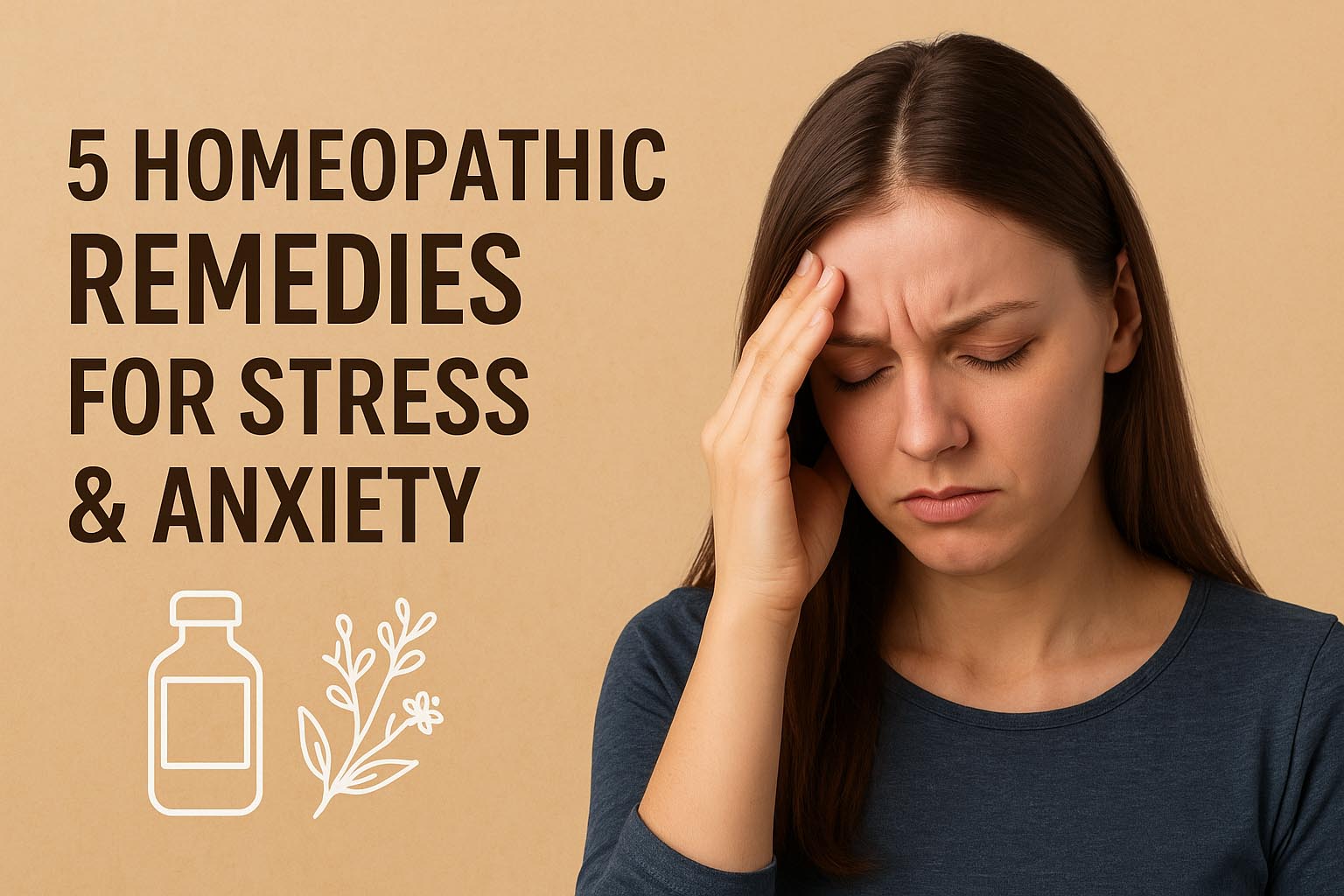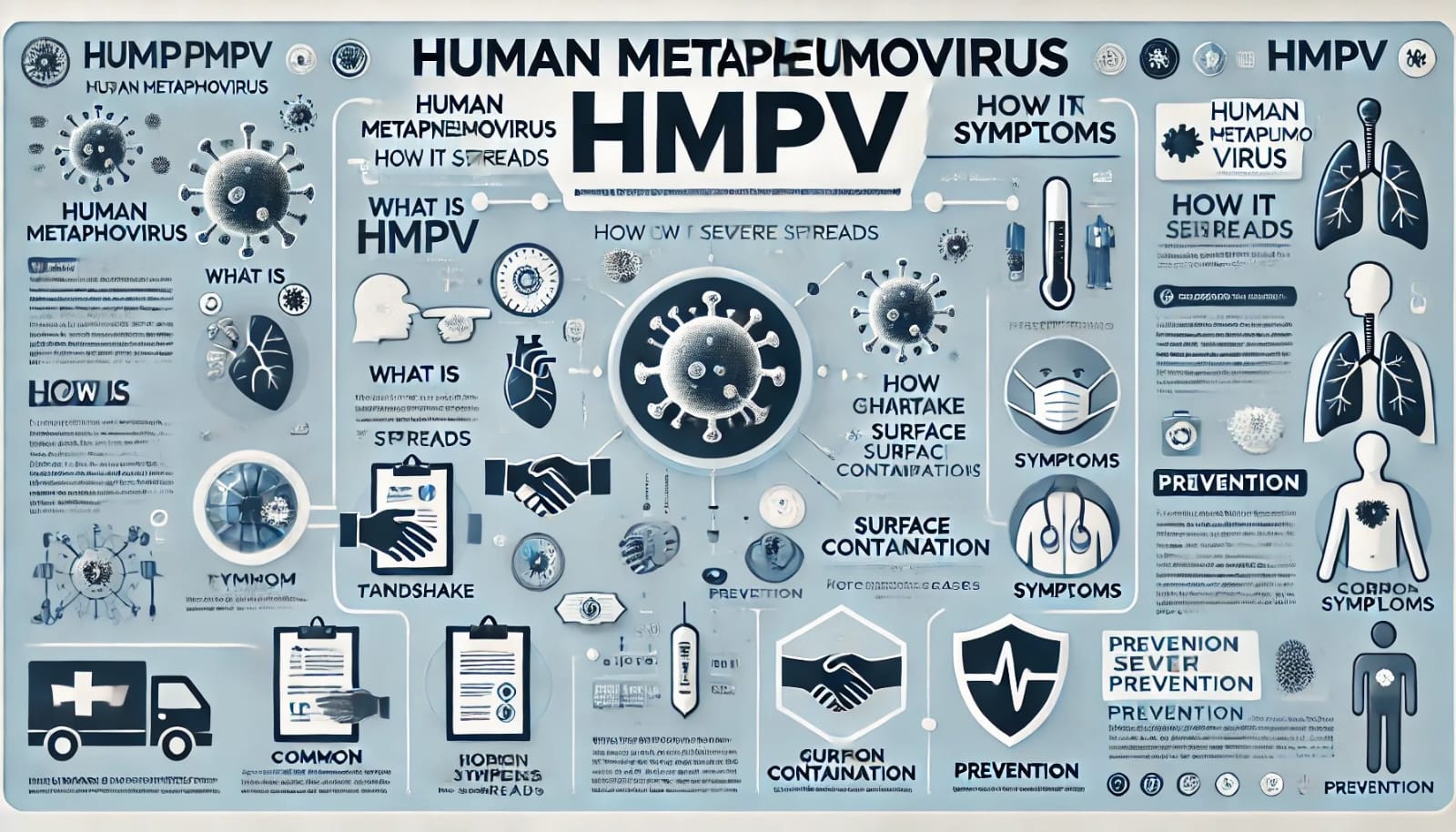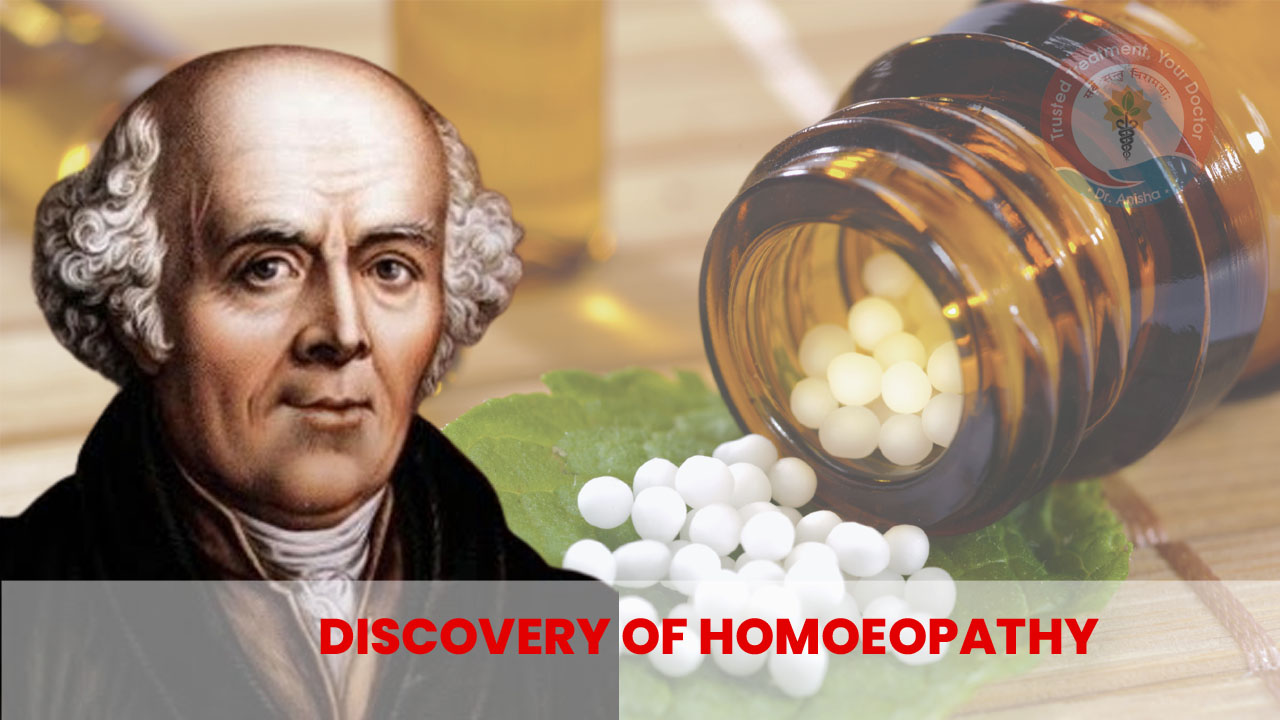
IRRITABLE BOWEL SYNDROME (IBS): Symptoms, Causes & Cure

IRRITABLE BOWEL SYNDROME (IBS): Symptoms, Causes & Cure
Irritable bowel syndrome is a disorder characterized most commonly by cramping, abdominal pain, bloating, constipation and diarrhoea. IBS causes a great deal of discomfort and distress, but it does not fall to a serious disease category, such as cancer.
Symptoms
- Abdominal pain, bloating, and discomfort for at least 12 weeks out of the previous 12 months. These 12 weeks do not have to be consecutive.
- The abdominal pain or discomfort has two of the following three features:-
- It is relieved by having a bowel movement.
- When it starts, there is a change in how often you have a bowel movement.
- When it starts, there is a change in the form of the stool or the way it looks.
- Certain symptoms must also be present, such as:
- A change in frequency of bowel movements
- A change in appearance of bowel movements.
- Feeling of uncontrollable urgency to have a bowel movement.
- Difficulty or inability to pass stool.
- Mucus in the stool.
- Bloating.
- Bleeding
- Fever
- Weight loss
- Persistent severe pain is not symptoms of IBS and may indicate other problems such as inflammation, rarely cancer.
- Abdominal pain is diffuse, crampy intermittent and mostly located to the lower abdomen or both iliac fosse.
- Some people have constipation, which means hard, difficult – to-pass or infrequent bowel movements.
- Some people with IBS experience diarrhoea frequently feel an urgent and uncontrollable need to have a bowel movement.
- Other people with IBS alternate between constipation and diarrhoea.
- Four important symptoms should be present to make a diagnosis of IBS:
- Bloating or distension of abdomen
- Diffuse abdominal pain which is relieved other adequate bowel movement
- Increased frequency of stool with the onset of pain
- Loose stool with the onset of pain.
Causes
- Large meals
- Bloating from gas in the colon medicines
- Wheat, rye, barley, chocolate, milk products, or alcohol.
- Drinks with caffeine, such as coffee, tea or colas
- Stress, conflict, or emotional upsets.
- One theory is that people who suffer from IBS have a colon, or large intestine, that is particularly sensitive and reactive to certain foods and stress. The immune system, which fights infection, may also be involved.
- Recent research has reported that serotonin is linked with normal is gastrointestinal (GT) functioning. Serotonin is a neurotransmitter, or chemical, that delivers message one part of your body to another. 95 percent of the serotonin in your body is located in the gastrointestinal tract, and other 5 percent is found in the brain.
- More than 50 % of cases of this disease will have anxiety, depression or somatisation.
- 30 % of cases intestinal and bacterial infection after an attack of acute gastroenteritis.
- Researchers have found that women with IBS may have more symptoms during their menstrual periods, suggesting that reproductive hormones can worsen IBS problems.
Diagnosis
If you think you have IBS, seeing your doctor is the first step. IBS is generally diagnosed on the basis of a complete medical history that includes a careful description of symptoms and a physical examination .these tests may include:
- Stool sample testing
- Blood test
- X-rays
Typically, a doctor will perform a sigmoidsoscopy, or colonoscopy.
If your test results are negative, the doctor may diagnose IBS based on your symptoms, including how often you have had abdominal pain or discomfort during the past year, when does the pain start and stops in relation to bowel function, and how your bowel frequency and stool consistency have changed. Many doctors refer to a list of specific symptoms that must be present to make a diagnosis of IBS.
Cure
Unfortunately, many people suffer from IBS for a long time before seeking medical treatment. Up to 70% of people suffering from IBS are not receiving medical care for their symptoms. No care has been found for IBS, but many options are available to treat the symptoms. Your doctor will give you to manage stress and make change to your diet.
The immune system is affected by stress. For all these reasons, stress management is an important part of treatment for IBS:
- Stress reduction (relaxation) training and relaxation therapies such as meditation.
- Counselling and support
- Regular exercise such as walking or yoga
- Change to the stressful situation in your life
- Adequate sleep
- Follow a gluten-free diet
- Increase intake a soluble fibre such as psyllium and oat bran
- Eat slowly and masticate thoroughly. Chew your food 30 times before swallowing
- Apply a castor oil pack on the abdomen, to relieve the pain
- Clean your tongue with a tongue cleaner
Can changes in diet help IBS?
Whole gains breads and cereals, fruits, and vegetable are good sources of fibre. High fibre diets keep the colon mainly distended, which may help prevent spasm. Some forms of fibre keep water in the stool, thereby preventing hard stools that are difficult to pass.
Drinking six to eight glasses of plain water a day is important, especially if you have diarrhoea. Drinking carbonate beverages, such as sodas, may result in gas and cause discomfort. Chewing gum and eating too quickly can lead to swallowing air, which also leads to gas.
Eating meals that are low in fat and high in carbohydrates such pasta, rice whole-grain breads and cereals (unless you have celiac disease), fruits, and vegetable help.
What can one expect from Homoeopathic Rx?
- Initially, acute symptoms of diarrhoea or constipation can be relieved immediately
- Relapses during the course of treatment are common and subside gradually
- A treatment progresses you can expect the relapses and intensity of symptoms to reduce
- Relapses due to diet and environmental factors can be better handled
- Significant improvement can be expected on completion of 4-6 months of treatment
Homoeopathy is known for its safe, gentle & long-term benefits.
For persons affected with milder symptoms of IBS, the homoeopathic remedies given here will go a great length in providing relief and in alleviating the condition. The best method of treatment however is the alleviation and homoeopathic treatment of the condition through a holistic approach via constitutional prescription given by an experienced homoeopathic professional using these remedies:
Aloe socotrina
Aloe treats Colic; cutting, griping pain in right lower portion of abdomen; excruciating, before and during stool; all pains cease after stool, profuse sweating and extreme weakness; attacks preceded by obstinate constipation. Flatus offensive, burning with small stool; burning in anus after passage of flatus. before stool: rumbling, violent sudden urging, heaviness in rectum; during stool: tenesmus and much flatus.
Antimonium crudum
Gastric and intestinal affection; from bread and pastry; acids, especially vinegar; sour or bad wine; after cold bathing; hot weather. Constant discharge of flatus, up and down, for year; belching, tasting of ingesta. mucus from anus, oozing, mucus piles.
Argentum nitricum
Argentum nit. is to be used in the homoeopathic treatment of patients suffering from IBS. Belching accompanies most gastric ailments.
Flatulent dyspepsia: Belching after every meal; stomach, as if it would burst with wind; belching difficult.
Diarrhoea: green mucus, like chopped spinach in flakes; after drinking, after eating candy or sugar with much noisy flatus.
Arsenicum Album
Arsenic album treats intolerable abdominal pains worse from midnight patient restlessness with excessive thirst form small quantity of water.
Cinchona Officinalis
China treats watery diarrhoea excessive flatulence of stomach and bowels, borborygmus , <after eating fruits.
Lycopodium Clavatum
Lycopodium is to be used in the homoeopathic treatment of individual suffering from IBS in which the symptoms of the disorder include the development of a chronic digestive problem excessive accumulation of flatulence, mouthful fill up to the throat, with loud grumbling especially lower abdomen, fullness not relieved by belching.
Nux vomica
Nux vomica treats frequent desire for stool; ineffectual, > for a time after stool, in morning after rising, after mental exertion. And intestinal inflammation caused by alcohol consumption.
Podophyllum
Podophyllum is to be used in the homoeopathic treatment of individual suffering from IBS in which the symptoms of the disorder can include abdominal cramps and pain.
Sulphur
Sulphur treats chronic diarrhoea and constipation.
Diarrhoea: after midnight painless driving out of the bed early in the morning.
Constipation: hard stool knotty, dry, large and painful.
Veratum album
Veratum album treats watery diarrhoea accompation cold sweats worse after eating fruits.
Connect with Dr. Anisha today for a quick consultation!
Recent Posts



Human Metapneumovirus (HMPV)

Real-Life Success Stories: Homeopathy Case Studies Unveiled



Homeopathic Clinical Management Of Dengue Fever

Discovery Of Homoeopathy

Common Cold: Symptoms, Causes & Cure

